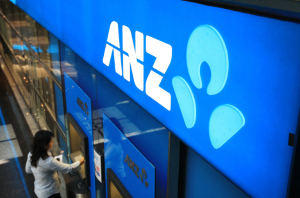
In a further submission to the Commerce Commission's market study of competition in personal banking services, ANZ says it was responding to suggestions at ComCom's conference held in May that banks give priority to their own proprietary channels.
“ANZ has assessed its data in relation to the percentage of applications for home loans that are approved the same day that the application is created,” the bank says.
Unfortunately, what that data actually is has been redacted but ANZ says it shows “that ANZ does not discriminate on processing time between proprietary and mortgage adviser channels, as turnaround times are similar across both channels over time.”
The bank says it had some difficulties in comparing processing times in this way, “given the more complex the application is, the longer it will take to get to the approval stage. This is true for all channels and is not controlled for in the data” it used in the redacted information.
ANZ also highlighted comments made by three mortgage advisers at the conference to support its contention that there is “evidence of strong and sustained competition among the larger banks.”
Mortgage adviser Sarah Curtis, who had been prominent in the industry's pushback against ComCom's assertion that advisers were driven by commissions, noted how quick banks were to match competitor's rates.
“If somebody's got a market leading two-year rate, it doesn't normally take 24 hours for the other banks to be matching that market rate,” Curtis said at the conference.
“They realise that consumers want choice and that they have the ability to make that choice to move,” she said.
Hamish Patel of Mortgages Online said his business would switch lender right up to a week before settlement at times “to make sure that we get a better rate if there's another better rate on our panel, because we're also very paranoid about losing clients.”
Jeff Royle of iLender told the conference that price is inherently important and is often the starting point of a conversation.
“That very quickly leads into policy … policy varies significantly between providers … so, just because a product provider comes in saying you can have 6%, it may well be that the trade-off of that product might be you can only borrow $500,000, whereas actually you need to borrow $600,000,” Royle said.
“So, although the price point was the starting point, it's very rare that it ends up being the finishing point.”


